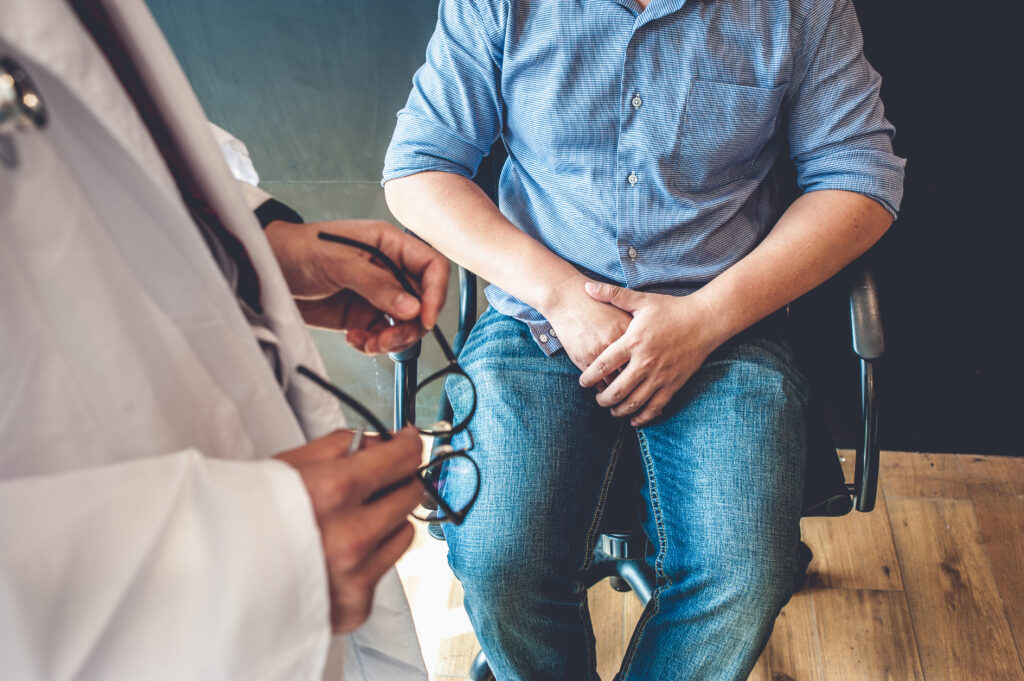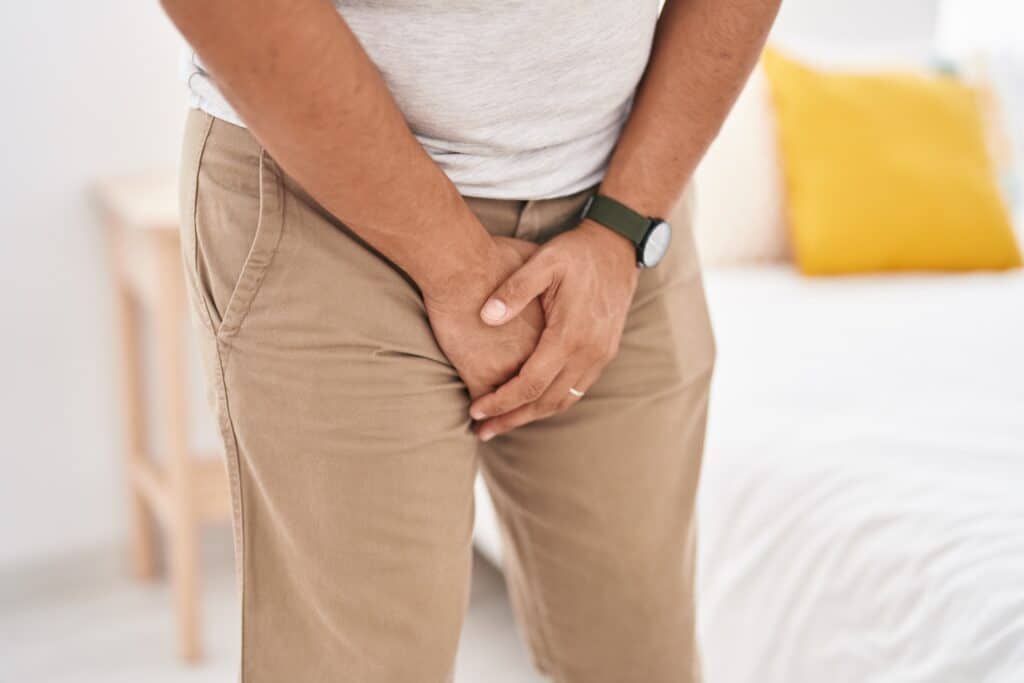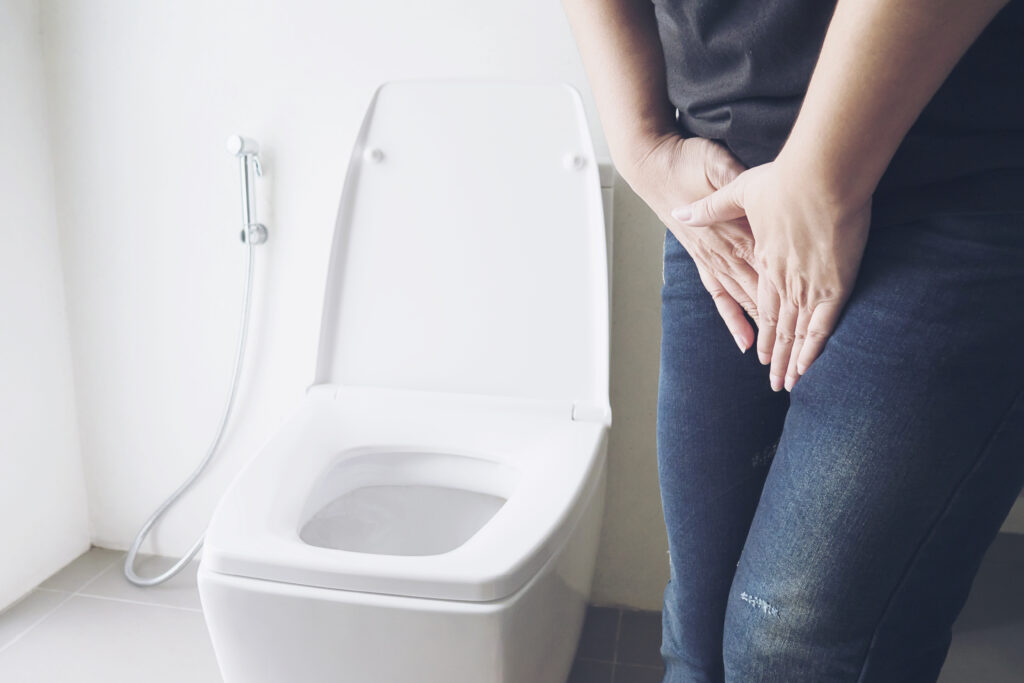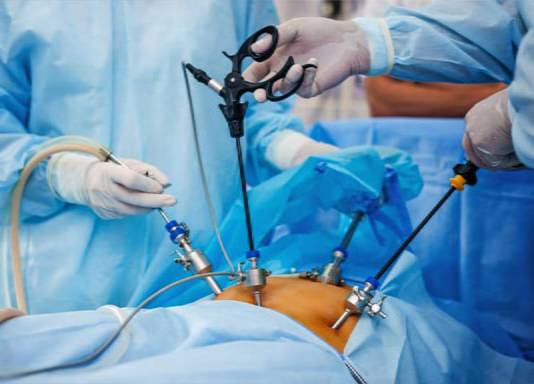Men’s Urological Health: Common Symptoms, Causes & When to See a Doctor
The Most Common Urological Symptoms
- Pain or Burning Sensation during Urination (Dysuria): This is a hallmark symptom of a urinary tract infection (UTI) but can also be caused by kidney stones, sexually transmitted infections, or an inflamed prostate.
- Frequent urination, especially at night (Nocturia)
- Frequent or Urgent Need to Urinate (Urgency): This can be a sign of an overactive bladder (OAB), UTI, or, in men, an enlarged prostate (Benign Prostatic Hyperplasia, or BPH).
- Difficulty Urinating: Symptoms like a weak urine stream, difficulty starting urination, or feeling like you haven’t fully emptied your bladder are common with an enlarged prostate.
- Blood in the Urine (Haematuria): The presence of blood in the urine can be a sign of many conditions, from benign issues like a UTI or kidney stone to more serious problems like kidney or bladder cancer.
- Cancers (Prostate, Bladder, Kidney): Early detection and cutting-edge, personalized treatment plans.
- Erectile Dysfunction (ED): The inability to achieve or maintain a hard erection is a very common men’s health concern that can have physical causes (e.g., cardiovascular issues, diabetes) or psychological ones.
- Comprehensive evaluations (to rule out heart disease, diabetes)
- There is a wide range of treatments (pills, injections, PRP, shockwave therapy).
- Pelvic Pain: Chronic or unexplained pain in the pelvic area, lower back, or groin can be a symptom of various urological issues, including kidney stones, prostatitis, or interstitial cystitis.
- Urinary Incontinence: The involuntary leakage of urine, which can be caused by a variety of factors, including weak pelvic muscles, an overactive bladder, or a blockage.
- Testicular pain or lumps
- Male Infertility:
- Couples seeking fertility treatment
- Inability to conceive a child after 1 year of trying
- Advanced sperm analysis, hormonal treatments, and surgical solutions (varicocele repair, sperm retrieval).
- Peyronie’s Disease: Penile curvature and pain, non-surgical and surgical solutions.

“Are you at risk for BPH?” BPH (Benign Prostatic Hyperplasia)
Stop Frequent Trips to the Bathroom and Sleep Through the Night
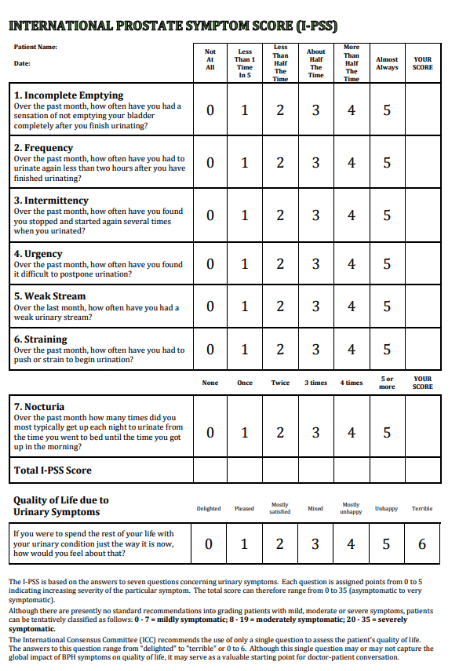
Five signs your prostate may need a check-up include:
Blood in your urine or semen, difficulty urinating (like weak flow or trouble starting), frequent or urgent urination, erectile dysfunction, and pain in your back, hips, or bones. While these symptoms are not always cancer and can be caused by other conditions, they warrant a doctor’s visit to get a proper diagnosis and discuss screening options.
Here are five signs that suggest you should see a doctor for a prostate check-up:
- Blood in Urine or Semen:
Visible pink, red, or cola-colored urine, or blood in your semen, requires immediate medical attention to determine the cause.
- Urinary Problems:
Symptoms like needing to urinate more often (especially at night), having trouble starting to urinate, or experiencing a weak, slow, or interrupted urine flow could be a sign of a prostate issue.
- Painful Urination:
A burning sensation or other pain while urinating is another symptom that should be discussed with a healthcare professional.
- Erectile Dysfunction:
Difficulty achieving or maintaining an erection could be linked to prostate problems and should be evaluated by a doctor.
- Pain in the Lower Back, Hips, or Pelvis:
While less common, pain in these areas can sometimes be a sign of advanced prostate cancer and requires prompt medical assessment.
What are the signs of low Testosterone? – Andropause
“Is Low Testosterone Affecting Your Life?”
Low Testosterone (Low-T):
Fatigue, low mood, low muscle mass, and low libido. Require proper diagnosis and management (lifestyle, Testosterone Replacement Therapy).
Athletes/bodybuilders (testosterone, sexual function):
Testosterone Level Check: Especially for men over 40 or those with symptoms
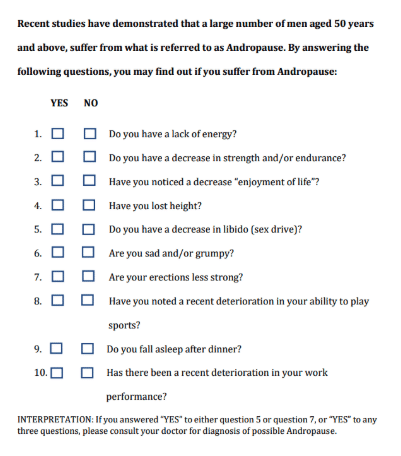
Erectile Dysfunction Quiz
- Difficulty achieving or maintaining an erection (ED)
- Premature ejaculation or delayed ejaculation
- Low libido (low sex drive)
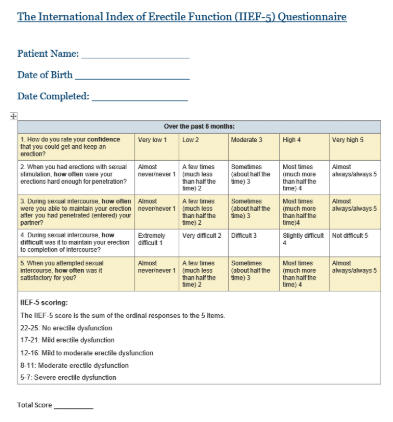
Preventative Health & Periodic”Check-Ups”
Health assessments: A self-assessment tool for common urological symptoms. Men interested in preventive check-ups
“Men’s Health Annual Visit” and “Executive Health Screen”
Screening tests, periodic Check-ups , early detection and accurate diagnosis are the keys of complete cure and better healthy life style
- PSA Blood Test: For prostate cancer screening.
- Physical Exam:
- Including testicular exam for lumps and prostate exam (Digital Rectal Examination).
- Blood Pressure, Blood sugar, Lipid profile & Cardiovascular Health Check:
- Ties into Erectile Dysfunction and overall health.
- Urine Analysis & Uroflowmetry: For kidney and bladder health.
- Sexual Health Screening: Discreet testing for STDs.
Parents of children with urological issues



